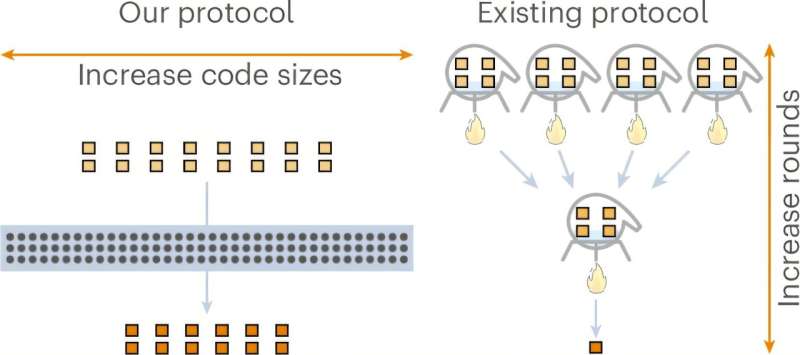Researchers at Aalto University in Finland have made a significant advancement in artificial intelligence (AI) by successfully demonstrating single-shot tensor computing at the speed of light. This breakthrough marks a crucial step toward the development of next-generation artificial general intelligence (AGI) hardware that relies on optical computation rather than traditional electronic methods.
The team at Aalto University revealed their findings in a study published in early October 2023, showcasing the potential of optical computing to revolutionize AI capabilities. This technology aims to process information far more efficiently than current electronic systems, which could lead to faster and more powerful AI applications.
Optical computing takes advantage of light’s speed and properties, allowing data to be transmitted and processed at unprecedented rates. The researchers utilized a novel approach to achieve this, demonstrating that tensor operations—fundamental components in machine learning algorithms—can be executed in a single step, significantly reducing processing time.
The implications of this research extend beyond mere speed. As AI systems become more complex, the demand for efficient computational methods grows. Current electronic circuits face limitations in speed and energy consumption, which can hinder the performance of AI models. By harnessing the capabilities of light, the Aalto University team aims to overcome these barriers, paving the way for more advanced AI technologies.
As AI continues to evolve, the potential applications of optical computing are vast. From enhancing machine learning algorithms to enabling real-time data processing in various fields, this technology could transform industries such as healthcare, finance, and telecommunications. The researchers believe that their work will facilitate the development of AI systems that can perform tasks currently deemed impossible.
While the journey to fully realize the benefits of optical computing for AI is still in its early stages, the findings from Aalto University signal a significant shift in how computational tasks may be approached in the future. The study not only highlights the capabilities of light-based computing but also opens the door to further exploration in the realm of artificial intelligence.
In summary, the achievement of single-shot tensor computing at the speed of light represents a pivotal moment in AI research. With ongoing advancements in optical computing, the future of artificial general intelligence may soon be realized, offering new possibilities for innovation and efficiency.







